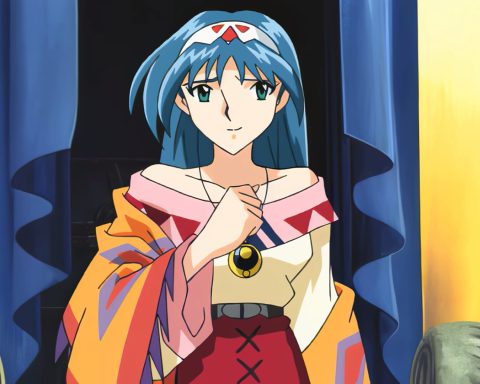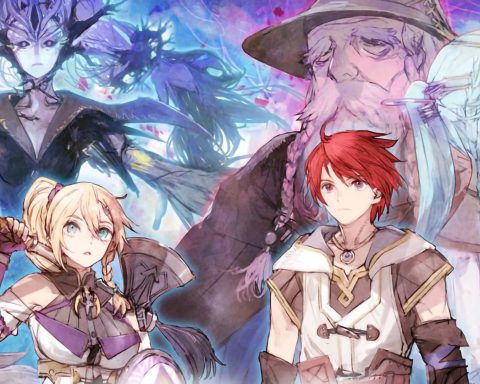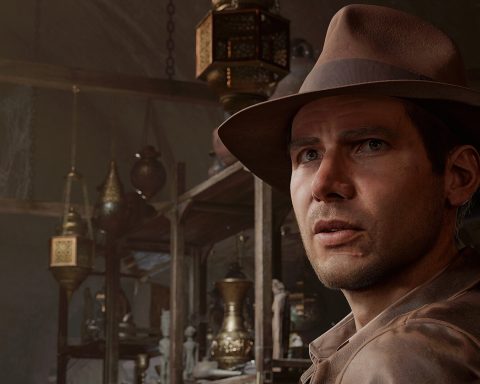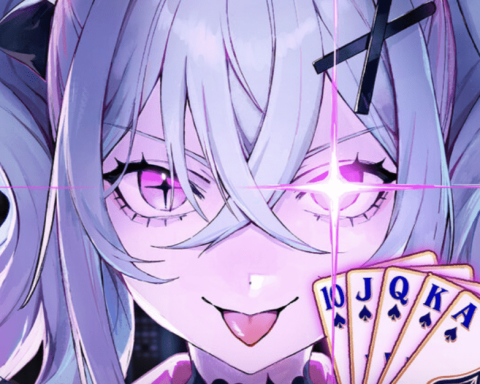– Clark A.
Anime Editor
Email me at: clarka@digitallydownloaded.net
Latest Articles
It’s been quite the year for fans of niche JRPG properties. First, there was the Suikoden…
JRPG Ys X: Nordics was only released in the West late last year but today Nihon…
I do think that Indiana Jones shouldn’t have persisted as the property that it has. The…
Welcome to Digitally Downloaded’s weekly catch-up news feature, the catch-up coffee. I will bring you the…
Danganronpa-style aesthetics and humour combined with Texas Hold ‘Em poker? Why yes, I did jump into…











